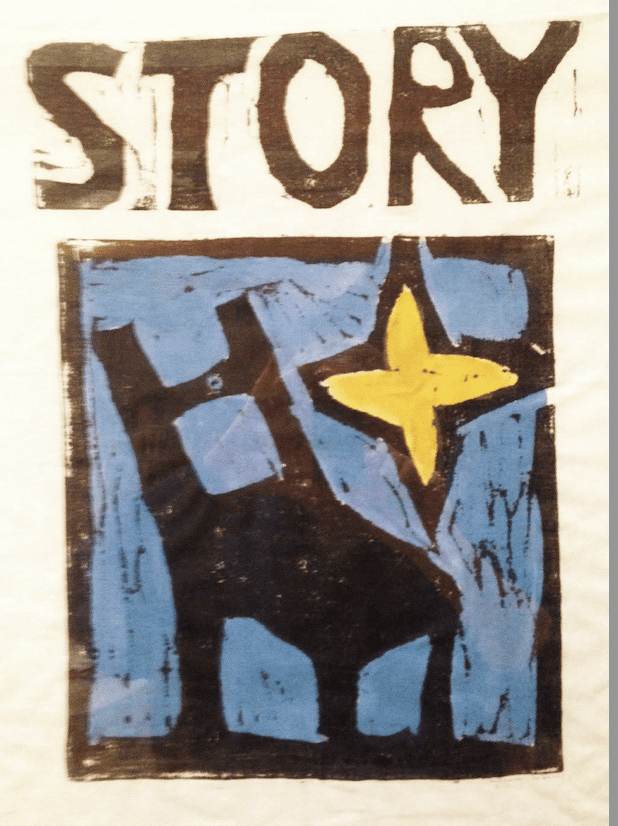Search Posts
Recent Posts
- Real Estate in RI: Historic East Side home sells for $3M+ – Rebecca Mayer, Compass July 27, 2024
- Providence College varsity athletics has $100M+ annual economic impact to Rhode Island July 27, 2024
- Rhode Island Weekend Weather for July 27/28, 2024 – Jack Donnelly July 27, 2024
- Burn with Kearns: Why single leg dead lifts are better – Kevin Kearns July 27, 2024
- In the News… summary for week ending July 27, 2024 July 27, 2024
Categories
Subscribe!
Thanks for subscribing! Please check your email for further instructions.

Stay warm, stay healthy – and keep wearing a mask – Richard Asinof
by Richard Asinof, ConvergenceRI
Publisher’s Note: Each week we feature the health writings, among other topics, of Richard Asinof, ConvergenceRI.com – a digital service that reports “news & analysis at the convergence of health, science, technology and innovation”. In the first issue of 2021, in an article entitled, “A day in the life in the year of the plague”, Asinof reflected back over the very beginning of COVID19, in 2020, at a time when Gina Raimondo was still Governor of Rhode Island, and when we all may have thought we would surely see the end of COVID’s hold on us in this calendar year ahead. Part of this article reflected on what we have learned:
“There are many “lessons” that can be learned from the pandemic experiences of the last year:
• What the pandemic has taught us is that investments in the health care delivery system alone cannot protect us: what is needed are investment in public health infrastructure, an area left of out of the conversation in “RI Innovates 2.0”
• What the pandemic has shown us is how deeply rooted racial inequities have been baked into our economic, education, health, and housing systems: what is needed is a different kind of public investment strategy when it comes to neighborhoods and community infrastructure, based on place and the needs of residents.
• What the pandemic has demonstrated is how difficult it is to transform the state’s educational system from the top down, through corporate partnerships and investments in charter schools; what is needed is a collaborative effort that values the participation of teachers, parents and students in the decision-making.
• When it comes to delivering the news, what the pandemic has illustrated is the ongoing difficulty that the established media and political networks have in controlling the narrative and the story during a time of disruption. What has emerged is a new kind of media and political activism, exemplified by the electoral victories by candidates championed by a progressive women’s political caucus.
New mass media
ConvergenceRI is one of a number of new digital media platforms that provide a different voice, a different conversation around the news. Others include: ecoRI News, the East Greenwich News, UpriseRI, RINewsToday, and the BTown Podcast. The Boston Globe has ramped up its digital online presence in reporting on Rhode Island – with more investments planned.
At the same time, numerous business organizations, such as the Greater Providence Chamber of Commerce, have ramped up their online news presence. And, Gov. Gina Raimondo has created her own public information digital platform to broadcast her messaging in response to the pandemic; her robust communications team has also helped to develop her weekly news conferences and selective interviews to reinforce her messaging. So far, however, the Governor seems destined not to go to Washington to join the President-elect Joe Biden’s teams.
Sustainability
In Western Massachusetts, the Connecticut River runs through it, the geologic formations of its farmlands and hills determined not by economic planners but by the onslaught and then retreat of the Ice Age. [Still, it was Lord Jeffrey Amherst, the founder of Amherst College, who dispersed smallpox-laden blankets to the Native Americans, one of the first examples of biological warfare.]
The same holds true here in Rhode Island, where the contours of Narragansett Bay were shaped not by developers but by the onslaught and retreat of the Ice Age. [In Rhode Island, the triangle trade of slaves, cane sugar, and rum distilleries did define the state’s early prosperity in Newport, in Bristol, and in Providence.] Today, the Bay serves as the conductor and connective force in our lives.
In a recent issue of Orion magazine, in an article entitled “Plastics in the Gut,” Max Liboiron wrote: “It turns out there is not a single type of plastic pollution, that plastic profiles, like dialects, are unique to their regions. In the Gut, I’m fluent in green threads and yellow paint chips, white micro-fragments and black tire dust.”
What is missing from most conversations about Rhode Island’s future prosperity is the recognition of the economic fragility of our state’s environment – and the coming scarcity of clean water, the rising waters threatening our shoreline and fisheries, the continued perverse dependence on the fossil fuel industry, and the cause-and-effect of industrial pollution that has created a flood of chronic health conditions. How do those stories become part of the news narrative?
The immense loss of human life and the long-term damage caused by the coronavirus pandemic, reflected in the growing unmet needs for mental health and behavioral health services, is not going to go away anytime soon. Despite the advent of vaccines, we should be prepared to wear our masks for much of the next year.
The key ingredient to survival, it seems, will be able to share our stories, in a way that enriches all of us, not as the emotional content of a billboard advertising products along a highway, but as a real conversation, giving voice and listening to those who often have a hard time being heard, driven by news platforms that are willing to engage in conversation with us, not talk at us.
_____
Publisher’s Note: At the end of 2021, and as he does every year, Asinof takes a 2-week respite. He reflects back on the year of writing close to 200 columns. Here is his reflection one year from that, above…

The importance of sharing stories
Since I first began writing this column nine years ago, I have chosen to illustrate it with a poster from Bread and Puppet, purchased nearly four decades ago, when I attended the annual iconic summer festival held in Glover, Vermont, in the natural bowl-like amphitheater carved out of a rural Vermont hills when a gravel bed was dug out of the ground for the construction of Interstate 91. The remaining hole formed a perfect natural amphitheater in which to stage an outdoor circus of performers, puppets, and sideshows.
The illustration, a block print on white cotton cloth, the borders stitched together in an uneven, tilting rectangle, features the word “STORY” in all caps, above an illustration of a chair and a yellow, four-pointed star, set against an azure background, within a thick black border. Call it a rural version of René Magritte’s symbolism, where nothing seems to align except the desire for narrative.
The poster has always captured, for me, the juggling act that is involved in storytelling [and in journalism]: the storyteller is a participant, an observer, and a narrator, requiring nimbleness. Storytelling is as much about listening as it is about speaking, much the same way that music is about the quiet spaces between the notes being played, and painting is always about the temperatures of the colors as they collide on canvas.
This year, as with last year, we are being forced to invent new traditions, to improvise new stories, to develop new ways to stay connected while being socially distant. We must learn how to carry our dreams on our backs.
The narrative hiding in plain sight
We are living in a time of great peril, from both the coronavirus pandemic that has killed more than 800,000 in the U.S. since March 1, 2020, and the autocratic plague that has infected our democracy. This year, most everyone’s personal and political stories have converged around the coronavirus pandemic, disrupting almost all of our accustomed patterns of behavior and discourse.
Our own personal stories are still the most valuable possession we have, and the act of sharing those stories is what makes us more human, attempting to survive in an inhumane world, the glue that holds us together.
I will continue to persevere, if you will promise to do so, too.
Publisher’s Note: With thanks for Richard’s deep cogitations on the health, science, technology trends and developments in this lively state we all attempt to live in together.
To read more articles by Richard Asinof, go to: https://rinewstoday.com/richard-asinof/
_____

Richard Asinof is the founder and editor of ConvergenceRI, an online subscription newsletter offering news and analysis at the convergence of health, science, technology and innovation in Rhode Island.
